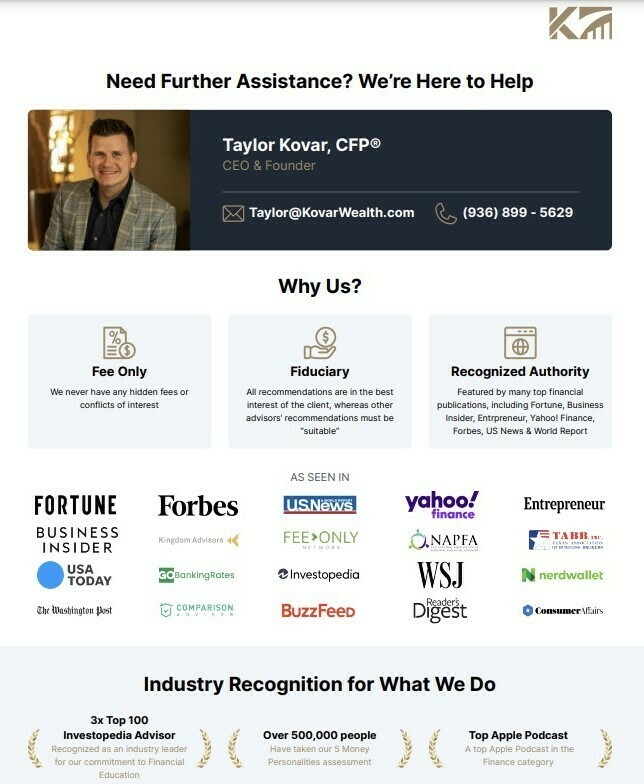As the holiday season unfolds, bringing with it a mosaic of lights, heartwarming gatherings, and the spirit of giving, it also, unfortunately, ushers in a less welcome phenomenon: an increase in scamming activities. This period of merriment paradoxically becomes a prime time for fraudsters, who particularly prey on one of the most respected yet vulnerable segments of our society: seniors. You might wonder, why seniors? In my experience, scammers see them as more trusting, and possibly less familiar with certain technologies, making them more susceptible to deceit. I’ve put together this article for my clients and others who may be susceptible to protect and empower them against these scams. Phishing scams involve tricking individuals into revealing sensitive information, like bank details or social security numbers. Scammers might send emails or texts that appear to be from legitimate sources, asking for this information. Seniors can safeguard themselves by never sharing personal details via email or messages, verifying the authenticity of any suspicious communication, and using spam filters on their email accounts. With the rise of online shopping, especially during the holidays, scammers set up fake websites offering enticing deals. To avoid falling prey, seniors should shop only on well-known and reputable websites, check for secure payment methods (like credit cards that offer fraud protection), and be wary of deals that seem too good to be true. Here, scammers trick individuals into purchasing gift cards under the guise of an emergency or debt and then demand the gift card numbers. Seniors should remember that no legitimate entity will ever ask for payments via gift cards. Being skeptical about such requests and never sharing gift card details over the phone or email are key prevention strategies. Scammers often exploit the holiday spirit by setting up fake charity organizations. To avoid charity scams, seniors should donate to well-known charities, research new ones before donating, and avoid giving cash. Opt for checks or credit card payments where transactions can be tracked and verified. Scammers often pose as a relative in distress, typically a grandchild, claiming they need money urgently for an emergency. They prey on your natural instinct to help loved ones. Seniors should verify the caller's identity by asking questions only the real grandchild would know or by calling back on a known phone number, and not the one provided by the caller. These scams falsely inform seniors that they have won a lottery or sweepstakes but need to pay a fee to claim the prize. Seniors should remember that legitimate lotteries never ask for money upfront. If it sounds too good to be true, it likely is. Scammers pose as tech support from well-known companies, claiming to have detected a virus or issue with the senior’s computer. They ask for remote access or personal information. Seniors should be cautious of unsolicited tech support calls and never allow remote access to their computers unless they initiated the contact with a reputable service provider. These scams offer fake vacation deals or prizes. Seniors should book travel through trusted, well-known travel agencies or direct with airlines and hotels, and be wary of high-pressure sales tactics or offers requiring immediate payment. Scammers use fake social media profiles to befriend seniors and eventually ask for money. Seniors should adjust privacy settings, be cautious about accepting friend requests from strangers, and never share personal or financial information on social media. Here, scammers pretend to be from Medicare or an insurance company to gain personal information. Seniors should protect their Medicare number like a credit card, never share it over the phone unless they initiated the call, and review their Medicare statements for unusual activities. With the arrival of the holiday season and the onset of colder weather, home repair scams become particularly rampant. Opportunistic scammers, masquerading as contractors, capitalize on the increased need for home maintenance and repairs during this time. They offer seemingly irresistible deals for winter-related home services such as heating system repairs, roof insulation, or weatherproofing, only to perform substandard work or, in some cases, no work at all after receiving payment. Seniors should always seek references for any contractor, never pay the full amount upfront, and get written estimates before any work begins. These occur when scammers create fake profiles on dating sites to form relationships with seniors, eventually asking for money. Seniors exploring online dating should be cautious about fast-moving relationships, never send money to someone they haven’t met in person, and talk to friends or family about their online relationships. As the festive lights twinkle and carols echo in the air, it's a reminder that the holiday season is a time for joy, generosity, and togetherness. But amid these celebrations, it's crucial to remain vigilant against the darker side of the season: the rise of financial scams targeting seniors. Being informed and prepared is your best defense against these unscrupulous tactics. Take the time to educate yourself and your loved ones about the warning signs of scams and the steps to take if you suspect fraudulent activity. Moreover, never hesitate to seek professional advice. In the intricate web of modern finance and technology, staying one step ahead of scammers can be challenging but the expertise of a financial professional can make a significant difference. I'm Taylor Kovar, CEO & Founder of Kovar Wealth Management. My journey through various realms of finance and investment has not only equipped me with a wealth of knowledge but also a deep understanding of the financial challenges and scams that can impact lives. Whether you're a senior citizen looking to safeguard your hard-earned savings, or a family member seeking to protect your loved ones, I'm here to offer guidance and support. At Kovar Wealth Management, we believe in empowering our clients with the tools and knowledge to make informed financial decisions. Don't hesitate to reach out for personalized advice or if you have any concerns about financial security. Contact me at [email protected] or call us at 936-899-5629. Let's ensure your financial well-being is secure, so you can focus on what truly matters - keeping your holidays, and indeed all your days, merry and bright.12 Scams of Christmas and How to Avoid Them
1. Phishing Scams
2. Online Shopping Scams
3. Gift Card Scams
4. Charity Scams
5. Emergency Scams
6. Lottery or Sweepstakes Scams
7. Tech Support Scams
8. Travel Scams
9. Social Media Scams
10. Medicare/Health Insurance Scams
11. Home Repair Scams
12. Romance Scams
Keeping Your Holidays Merry and Bright
About the Author

How Seniors Can Outsmart Holiday Scammers















